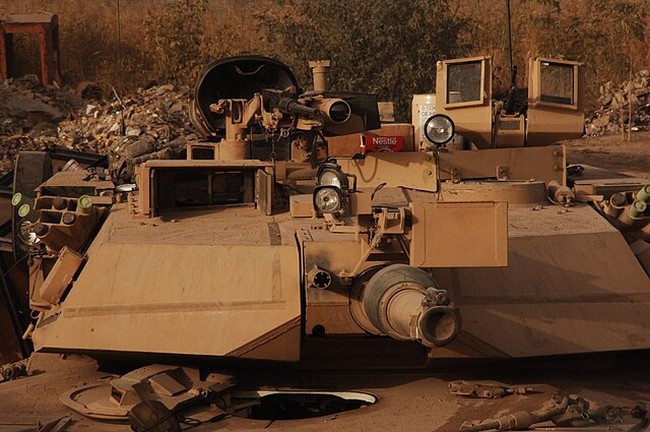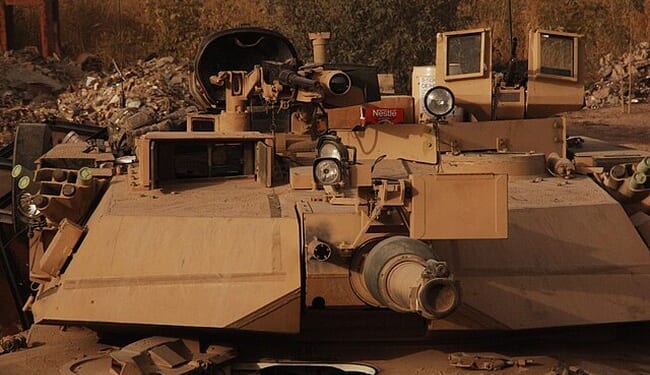
The U.S. and Iraq will “in the coming days” begin discussions on the future of American and Coalition troops in that troubled county, according to Secretary of Defense Lloyd Austin on Thursday.
While an anonymous U.S. official told CNN that the timing of the talks “is not related to recent attacks” on U.S. forces by neighboring Iran, it’s difficult to not see a connection between Iraq’s deteriorating security situation and America’s willingness to stick around and get Iranian missiles lobbed at our troops.
In any case, talks to form a U.S./Iraq Higher Military Commission (HMC) began last August with a mission to find “the most effective evolution of the D-ISIS Coalition mission, ensuring that ISIS can never resurge, in consultation with Coalition partners at all stages of the process,” again according to SecDef Austin.
Iraqi Prime Minister Mohammed Shia al-Sudani put it more bluntly earlier this month, releasing a statement saying the talks were to “end the presence of the international coalition forces in Iraq permanently.”
Translation: Time to scoot.
There are about 2,500 American troops in Iraq, stationed there since late 2021 as part of the fight against ISIS, not much fewer than were in Afghanistan when Presidentish Joe Biden ordered the maliciously bungled bugout from that country. It seems impossible that getting out of Iraq could ever be the disaster that Biden created in August of 2021 but I wouldn’t put this White House past trying their best to do just that.
There is also this unintentionally funny bit from the CNN write-up:
Jonathan Lord, the director of the Middle East security program at the Center for New American Security, told CNN that the US needs to transition its support for Iraq toward building “a lasting and sustainable military capacity in the [Iraqi Security Forces], to avoid another 2014. That hasn’t happened.”
We’ve been trying, in fits and starts, to help Iraq build “a lasting and sustainable military capacity” for almost 20 years now. If it hasn’t happened in all that time, and with all the very real internal and external threats Baghdad faces, then it’s not going to happen before Biden looks at his watch one morning and mumbles, “It’s bug-out o’clock.”
The real winners in Biden’s Next Big Bug-Out will likely be ISIS and/or Iran. ISIS digs in wherever instability reigns although, as President Donald Trump showed, a well-placed MOAB or two will force ISIS terrorists to keep their heads down. Assuming they weren’t blown up, that is. But make no mistake about Iran’s ambitions, which amount to recreating most of the Persian Empire under Cyrus II 2,500 years ago — stretching from modern-day Iran across Iraq and including Syria, Lebanon, and Israel.
That’s not to say that the U.S. was ever a winner in any of this two-decade-old mess. Iraq might not be able to survive as an independent country without U.S. protection, but it isn’t like the country was doing all that well at fending off Iran even with U.S. protection.
The real loser will be Israel, although I suspect today’s news will push the Jewish State and Saudi Arabia closer to recognition and cooperation. The long-term goal for the U.S. should be deep security ties between Israel and the Arab nations as a regional bulwark against Iran’s imperial ambitions — a bulwark that would not require the direct participation of American forces.
Trump was working towards that goal with the Abraham Accords, but the region has fallen even further apart in the three years since Biden abandoned the Accords.
Recommended: San Francisco Was Going to Spend HOW MUCH on a Toilet?












